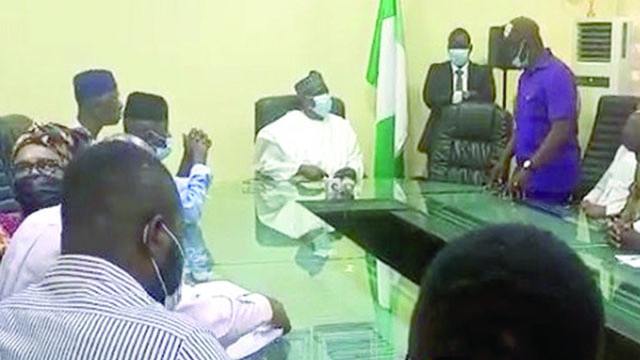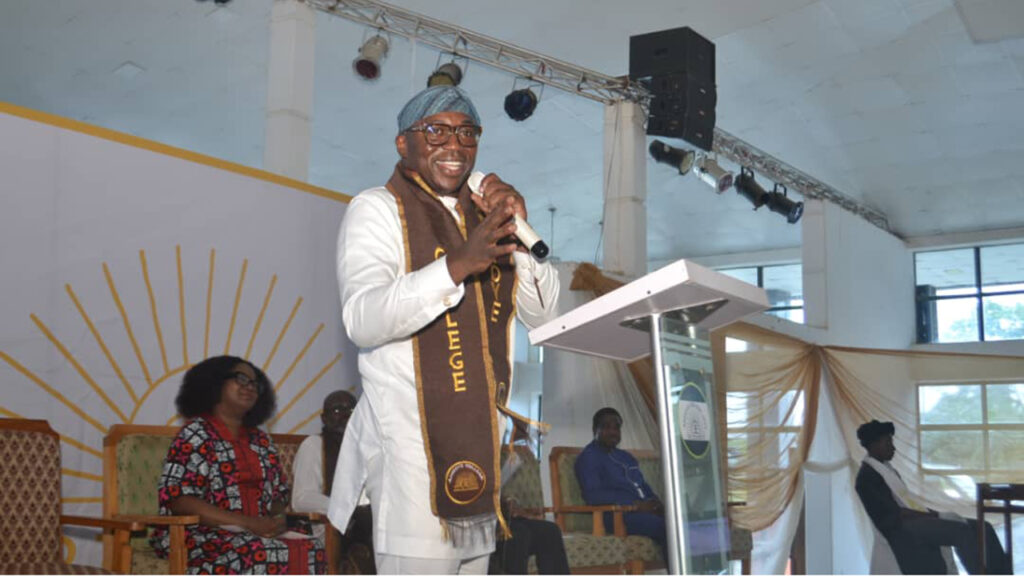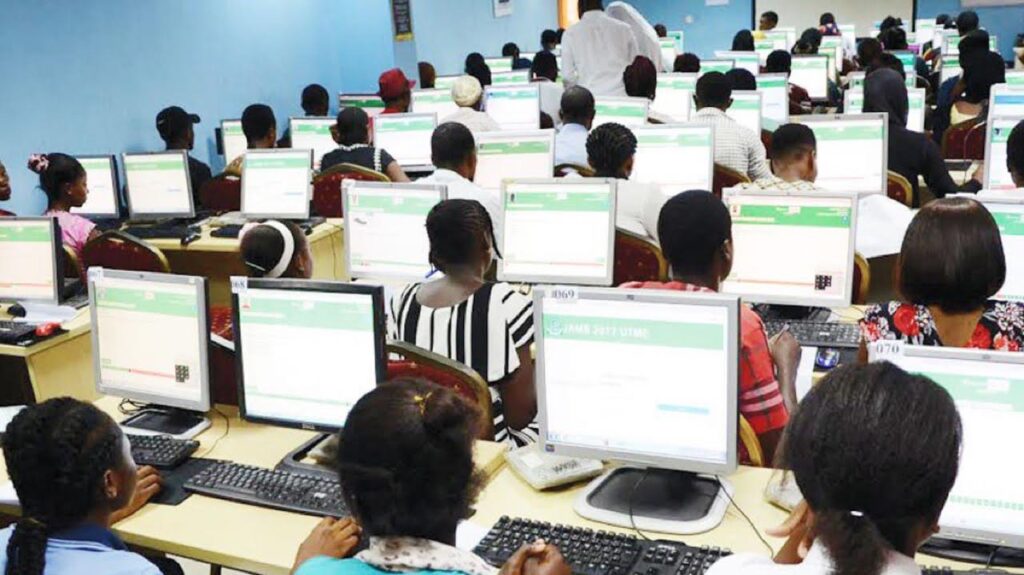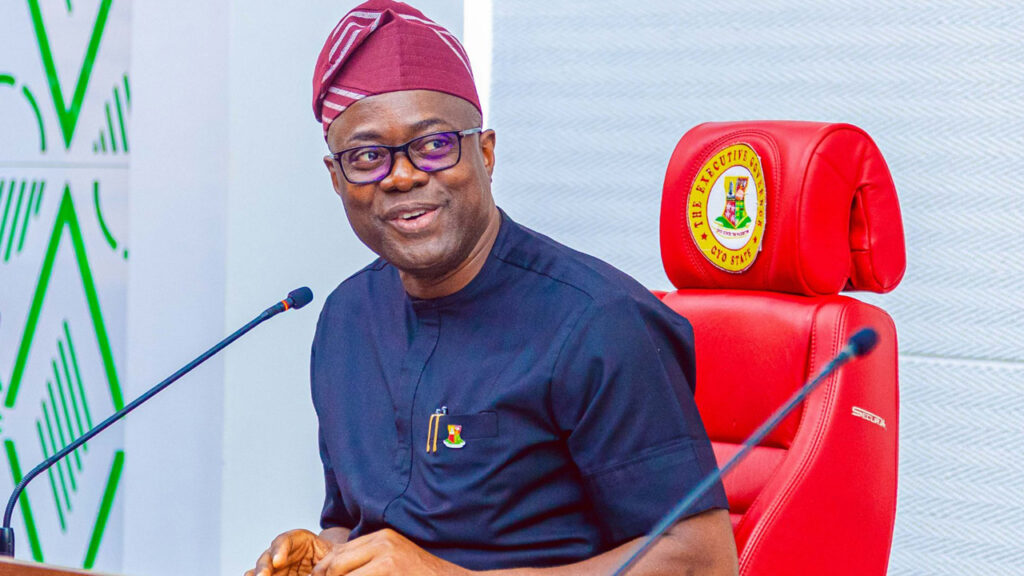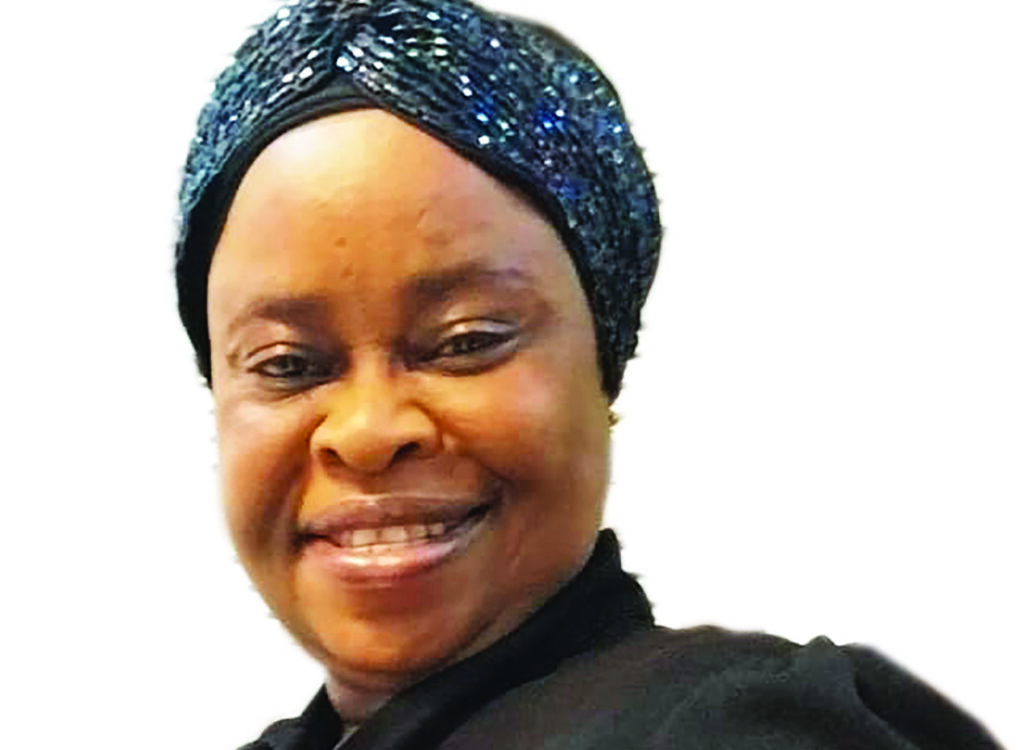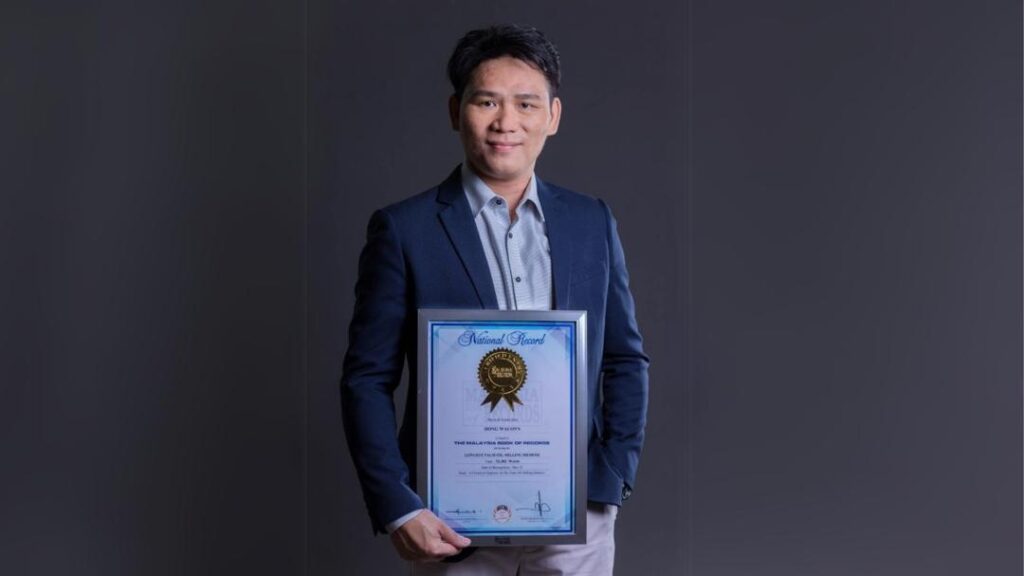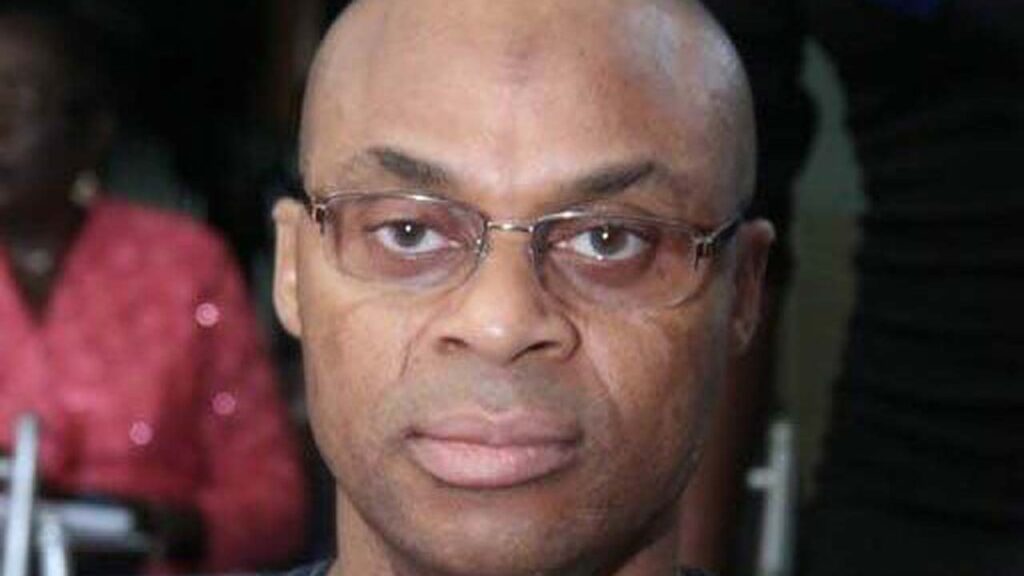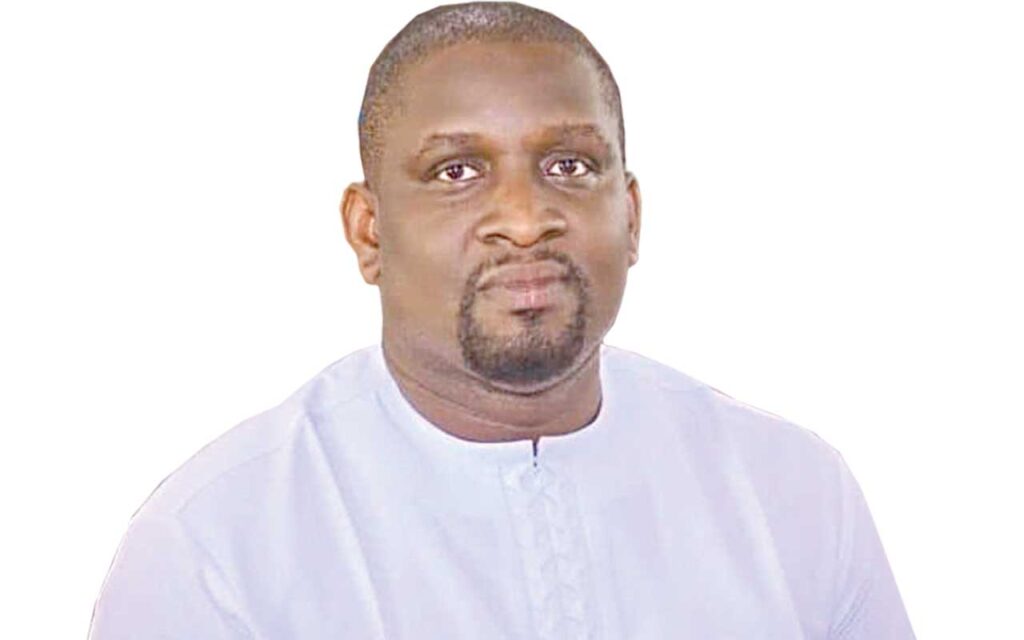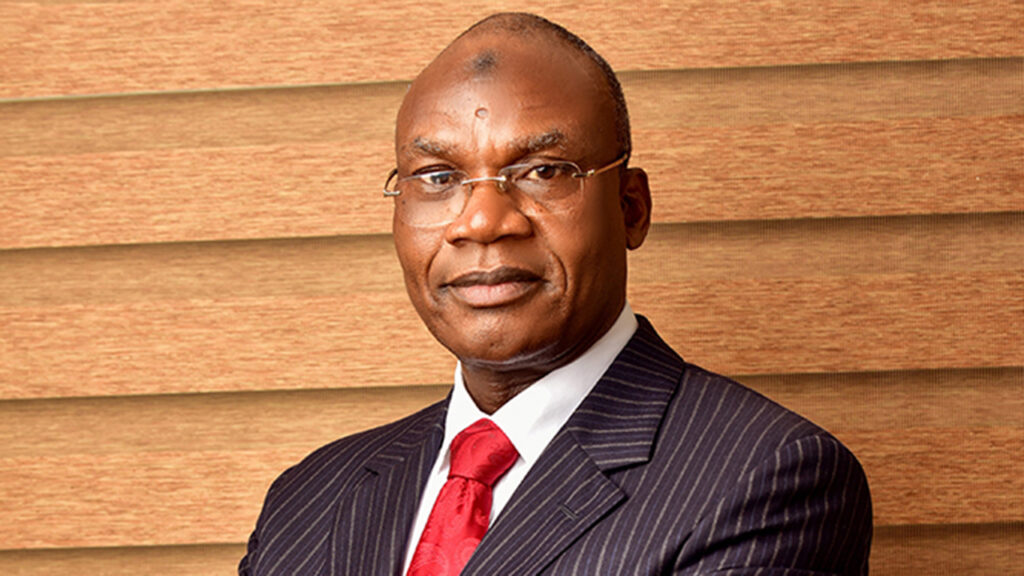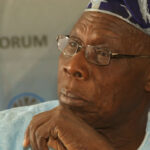At regular intervals, teaching and research grind to a halt in public tertiary institutions. But it appears many stakeholders, especially affected governments have not bothered to stock-take and evaluate the dire implications of this development, which are multi-faceted. Not only are research efforts and outputs negatively affected, but programmes and projects are also disrupted, and students, who are the worst victims of these incessant strikes are either ignored in the search for solutions, shutdown when they voice their opinion or discountenanced when they push to be recognised in the scheme of things. DEPUTY EDITOR, ENO-ABASI SUNDAY writes.

During the General Olusegun Obasanjo-led military regime, the Secretary of the Nigerian University Commission (NUC), Dr. Jubril Aminu, shocked, not only the studentry but the entire nation with an announcement that due to the high cost of living in the country, students would begin to pay extra fees.
Even when he cleared the air that tuition fee would remain free for all undergraduates, sub-degree diploma and students of teacher education, the increment of hostel accommodation fee to N90 per student per session of 36 weeks, or N30 per student in a session of three terms was enough to raise eyebrows.
As part of the increment, the cost of meal tickets, for the first time, rose from N1.50 to N2.00.
Strange as the increments were considered, the president of the defunct National Union of Nigerian Students (NUNS), the Segun Okeowo, and his team moved to get the government to have a rethink over the development that they described as unsatisfactory for the students.
After meetings in Ilorin, Calabar and Maiduguri, the leadership of the students’ body elected to challenge the military government over the increment. To date, the resultant 1978 Ali Must Go Protests, also known as the 1978 Students’ Crisis remains one of the most violent student agitations in the country. It also sparked the greatest political crisis of the 1975-1979 Mohammed/Obasanjo military administration.
Apart from the fees, another agitation of the students was that tertiary education was suffering because there were very few Federal Government-owned universities and no private or state-owned universities. Tertiary education was therefore seen as a privilege, and the Federal Government could not cope with the number of people seeking admission. This agitation as well as the increase in fees led to the protests.
Since the then Minister of Education, Ahmadu Ali was believed to be the brain behind the increment, “Ali Must Go” was coined as the protest’s chant. Ali, however, denied responsibility and passed the bug to the Supreme Military Government.
A nationwide boycott of lectures by all undergraduate students whose local unions were affiliated with NUNS, started on April 17, 1978, as a way of pressurising the Federal Military Government into reverting the fees’ increase.
The lectures’ boycott, however, worked for one day after which the students resorted to public demonstrations when they realised that the government was unwilling to revert the increment.
Okeowo, then a student of the University of Lagos (UNILAG) mobilised students across the country and roused the nation’s attention to their plight. The medium-term to long-term aims of the protests was that there should be democratisation, genuine independence and enhancement of the quality of life of the masses, among other popular democratic demands.
After Akintunde Ojo, a UNILAG student studying architecture, who was shot in the leg bled to death because he was denied attention at the Lagos University Teaching Hospital (LUTH), and the Orthopedic Hospital, Igbobi, Okeowo reached out to colleagues in far-flung parts of the country. Before long, the government’s insensitive posture led to the escalation of the protests, which eventually led to the students being in open confrontation with both the Nigerian Army and the Police. The killing of about eight students in Zaria, Kaduna State, by soldiers only succeeded in making things worse.
For decades, Nigerian students have not only been calling for qualitative education, they have also been asking for greater involvement in issues that directly affect them since they are the ones that are usually at the receiving end of actions initiated by previous and present governments, both at the federal and state levels. But for over 40 years, their demands have been largely unmet.
The incessant industrial actions embarked upon by the Academic Staff Union of Universities (ASUU) and their counterparts in other tertiary institutions owing to the Federal Government’s indiscretion, failure to adhere to agreements, or settle labour issues in a timely fashion is one of the major ailments plaguing the country’s education sector.
Another example of how governments have continued to treat students and matters affecting them poorly for decades is the hostility that followed students’ decision to protest the eight-month closure of the Ladoke Akintola University of Technology, Ogbomoso, in Oyo State, during the administration of the late Governor Abiola Ajimobi.
In the January 2017 meeting that Ajimobi had with students of the institution, the deceased drew the ire of many with his brazen display of lack of empathy, just as he had no qualms telling off the students.
Ajimobi told the undergraduates at the Governor’s Office Complex that there was nothing strange in the doors of a higher institution being shut for eight months. He further shocked them when he said that they had no right to protest the school’s closure, even as he accused the students of disrespect for “constituted authority.”
“You are here to protest, am I the one who locked your school?” the governor asked the students, adding, “your school being locked for eight months is no big deal. Is your school the first to be locked? If this is how you will come to talk to me, go and do your worst, I dare you.”
Further fuelling the students’ angst, Ajimobi said: “Every government lacks funds; even we lack funds; if you want to be troublesome, go ahead, I am ready for you. You are coming here to say that it will be tough this time, tough with me, if someone of my calibre has come here to address you, you should have respect for constituted authority. What if your school was locked for eight months. Did I lock your school?”
Some months earlier, Oyo State’s education sector had also erupted after the state government took steps that many also thought could compromise quality education.
Consequently, thousands of pupils from public secondary schools in the state had poured into thestreets of Ibadan, the state capital, protesting the state government’s plan to adopt a public-private participatory approach in the running of some of the schools.
The pupils who took to the streets as early as 9 am, made anti-government chants, dared policemen to do their worse, attacked the headquarters of the ruling All Progressives Congress in Oke Ado, vandalised it, and manhandled secretariat workers.
The pupils, apart from asking Ajimobi not to sell their schools, also demanded his immediate resignation, stressing that his novel education initiative was crafted to multiply their parents’ burden after they were being owed several months’ salaries arrears.
As the years pass by, the quality of education in public schools has continued to fall. This is large as a result of the turmoil that the sector has witnessed. No thanks to the innumerable twisted and failed policies and programmes, poor funding, and an avalanche of poor managers of men and resources that have strut through the sector without making their presence count.
Like most other public servants, leading lights in the sector do not want to be questioned by concerned members of the public, neither are they ready to even acknowledge suggestions that could aid their jobs. In fact, in some cases, when enquiries are made about their job, they get angry and even feel insulted when suggestions are made.
It was in a similar fashion that the Minister of Education, Adamu Adamu failed to take the heat when a delegation of the National Association of Nigerian Students (NANS) took him to task in his office.
Even though the NANS President, Sunday Asefon, made some unsubstantiated claims while addressing the minister, Adamu also failed in comporting itself in the best possible manner, as the student leader’s remark’s triggered him enough to stage a walk-out.
The footage of the minister’s walking out on the students, which went viral, elicited a reaction with many Nigerians berating Adamu for what they described as “condescending conduct from a highly placed government official.”
In the course of the meeting, Adamu had expressed dissatisfaction with the way and manner that Asefon spoke to him, and also accused him of feeling unconcerned about the plight of Nigerian students.
Asefon said: “The key issue ASUU has continued to hammer on is the revitalisation of our institutions, which is important for every student to key into. But you cannot be discussing the revitalisation of our institution without Nigerian students being in that negotiation committee.
“Nigerian students want to be part of this committee. We want to really know what is going on between ASUU and the Federal Government…We are tired of the incessant strike in our education sector.
“Honourable Minister, we saw it on social media that you celebrated your son who graduated from a university outside this country. Our parents do not have that money to send us outside the country. But let us enjoy what we are paying for. We want adequate funding for education in this country.
“If our schools are not open, this will not be the last protest. This is not a threat – when we said we would be coming out, here we are. Today, Niger road is blocked, Benue is blocked, Adamawa is blocked. If care is not taken, this will be worse than EndSARS.”
Apparently angered by some of the issues raised and some of the unsubstantiated claims made by Asefon, Adamu told the protesters that the only thing that was worthy of his response was the inclusion of students in the negotiation process.
“Instead of coming here, you should have met your lecturers there. Perhaps the only point that you make that is worthy of attention is where you said that students should be involved in this, and I think, probably, this is a very good thing. And it is the only thing that I am going to take out of all you have said here,” the minister said before storming out of his conference room, venue of the meeting.
Peeved by the treatment meted to them by the minister, Asefon and his team vowed to continue protesting indefinitely, a development that perhaps, forced the minister to meet with the NANS team on Monday night, at the Headquarters of the National Universities Commission (NUC), where he pledged the government’s commitment towards addressing their concerns.
But the Peoples Democratic Party (PDP) rose in defence of students asking President Muhammadu Buhari to sack Adamu for the blunder.
In a statement by its National Publicly Secretary, Debo Ologunagba, the party said that Adamu should resign “immediately and tender an unreserved apology to the nation for abusing and walking out on Nigerian students” who went to his office to plead for his intervention to end the ongoing strike by lecturers in public universities in the country.
A former Deputy Vice-Chancellor (Academics) of Bayero University, Kano, Prof. Adamu Tanko, while also weighing in on the matter, stressed the need for a harmonious working relationship in the sector.
“In a school/university system, the most important elements are the students and their teachers/lecturers. The two groups work together with each trying to understand one another. The teachers serve as parents to the students, and they receive training in that respect. The staff of the Ministry of Education and all other government officials do not have the requisite training in the ways of understanding the needs and expectations of students. This may explain why they do not know the best way to handle matters pertaining to the students.
“However, the Minister of Education, who is a politician, is expected to have all the requisite training/diplomacy to engage every group of stakeholders in the country. These include the students. So, I was so baffled by the way he walked out without appropriately addressing the students. In that way, he could not seize the opportunity to guide/educate the students on the best way to approach issues. In ideal societies, that’s what he should have done. I tried to rationalise the minister’s action but what came to my mind was the way and manner, in which the students engaged the minister. The President of NANS was seemingly unprepared, very provocative, aggressive, and seemingly got to the meeting without knowing the true position of things. He might have appeared to the minister as lacking good home training, as well as the tact of engagement as a unionist, who can sometimes appeal and cajole for the best to happen to his members, and when he comes to negotiate. Sadly, both parties failed Nigerians,” Tanko, who is the President, the Association of Nigerian Geographers (ANG) said.
The Pioneer Dean, Faculty of Earth and Environmental Sciences noted on a sad note that ASUU will continue to embark on strike because it is its most effective way of getting leaders’ attention, added that “I am aware that the union always goes through different stages of negotiations, and appeals on all matters before downing tools. At no time had they embarked on any strike without following due process. For instance, in this present case, they served notices, drawing attention to agreements and the failures of the government to implement them. After the notices, ASUU also drew the attention of some eminent Nigerians (individuals and groups), including the traditional/religious leaders and legislators. They then served notices of warning for a few days. Now they have another stage of warning strike for one month. Should there be another level of failure, ASUU can call for another level of warning, or may decide to go on an indefinite strike. In this case, it can draw justification that it has been compelled to.”
Tanko, who is the Honorary Secretary, Commonwealth Geographical Bureau (CGB) concluded: “At the moment, Nigerians should collectively stand up to compel all political leaders to respect the yearnings and aspirations of their countrymen and women. Our political process needs to be made more accountable. As Nigerians, we need to avoid being corrupted. We should insist that necessary actions are taken as at the time they should be taken.
Breaking ranks with Tanko on strike actions being the most effective tool for ASUU, the Chief Executive Officer of Standard Mandate International (SMI), Dr. Nelson Ayodele, wants ASUU to “look at some other alternatives rather than going on strike all the time” for the sake of “these innocent children who are always deprived of their academic activities all the time.
“ASUU should be able to take this case on just striking and take it to the National Assembly and liaise with the lawmakers to ensure there is a permanent enactment of a law that will mandate the government to give assent to the demands which they have always been placing on the table. I believe that the judiciary can also be engaged, ASUU can sue the federal government and the court of law will listen to their case and give a judgment, and I believe that once the judgment is given, the federal government will have no choice but to hearken to it,” he added.
Focusing on Adamu’s conduct before the students, Ayodele said: “I believe that the minister of education should have exercised more maturity in dealing with the students’ union leaders at the parley, which I believe would have achieved a better outcome. The minister of education should be more patient, more mature in listening to the agitations of the students and the solutions, which they are proffering to the lingering problem between the ASUU, and the Federal Government. My belief is that as a leader, he was a little bit rash in walking out of that meeting. He would have exercised a little bit of emotional intelligence and listened to those students without necessarily getting angered and leaving inappropriately. I think it is a culture that we are used to in this part of the world, where we never give recognition to young voices believing that they have nothing reasonable to say, and nothing tangible to offer. I also want to believe that it is the kind of democracy that we think we should be running, whereby the lesser people don’t have a voice against anyone in government, without those in government recognising that they are responsible for the people that they govern irrespective of age.
He continued: “I want to believe that this doesn’t happen in developed countries where the youth generally are given a voice and are made to hear their view on the important matter especially one that affects them directly which is their education. It is almost a cultural matter where the young people must always defer to adults, and keep quiet when adults are talking. It is a culture in this part of the world, but I want to believe that if we are to move forward, and if we are to groom the leaders of the future that we have always been saying that we are grooming, we should give the younger generation a voice and should be able to give them more recognition in affairs that are directly related to them.”
On recommendations that would help the sector go past these trouble times, he said: “My recommendation is for everyone to rise up and challenge the government with one voice, and in defense of our academics, especially at the tertiary level. If adults join voices with these students, and union leaders, I believe that the government will wake up to its responsibility and ensure that the right things are done for these lecturers. I also believe that if we believe that education is that important, our lawmakers should be able to rise up, challenge the executive, and get it to do the right thing.”
The former Students Union Government (SUG) leader added: “I should also place it on record that I have always pursued the part of peace when dealing with situations like this. I still believe in negotiations, arbitration, and I believe in a peaceful resolution. I must say that during my tenure as a student union leader at the University of Ibadan in the late 1980s, we pursued this part of peace by always sitting down with the University of Ibadan authorities to sort matters out… I believe that this method can still work rather than us having the usual violence, engaging in thuggery and in the destruction of properties that some other union leaders embarked upon in a bid to get their voices heard.

